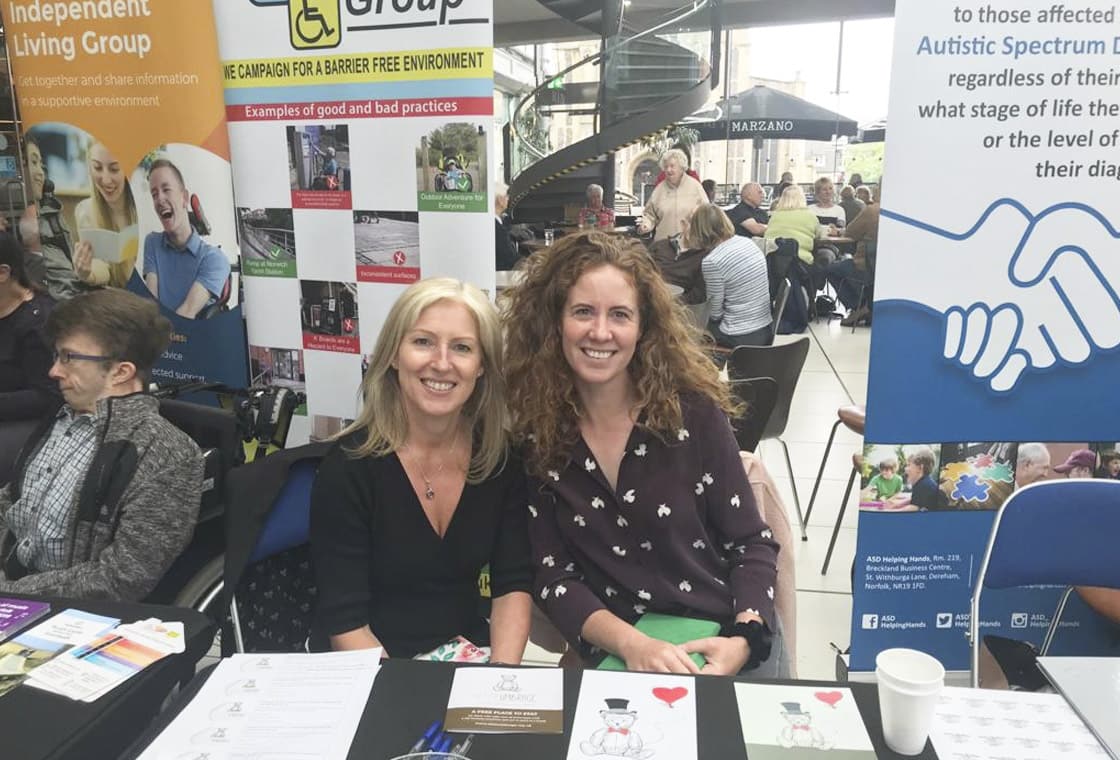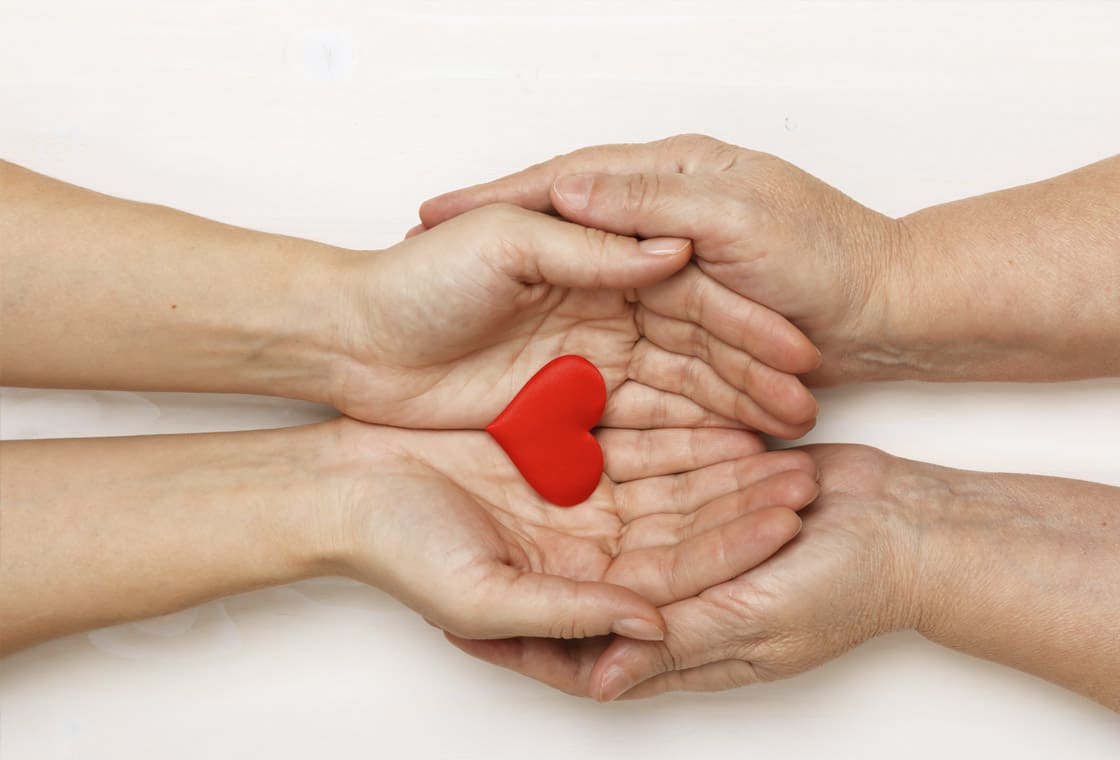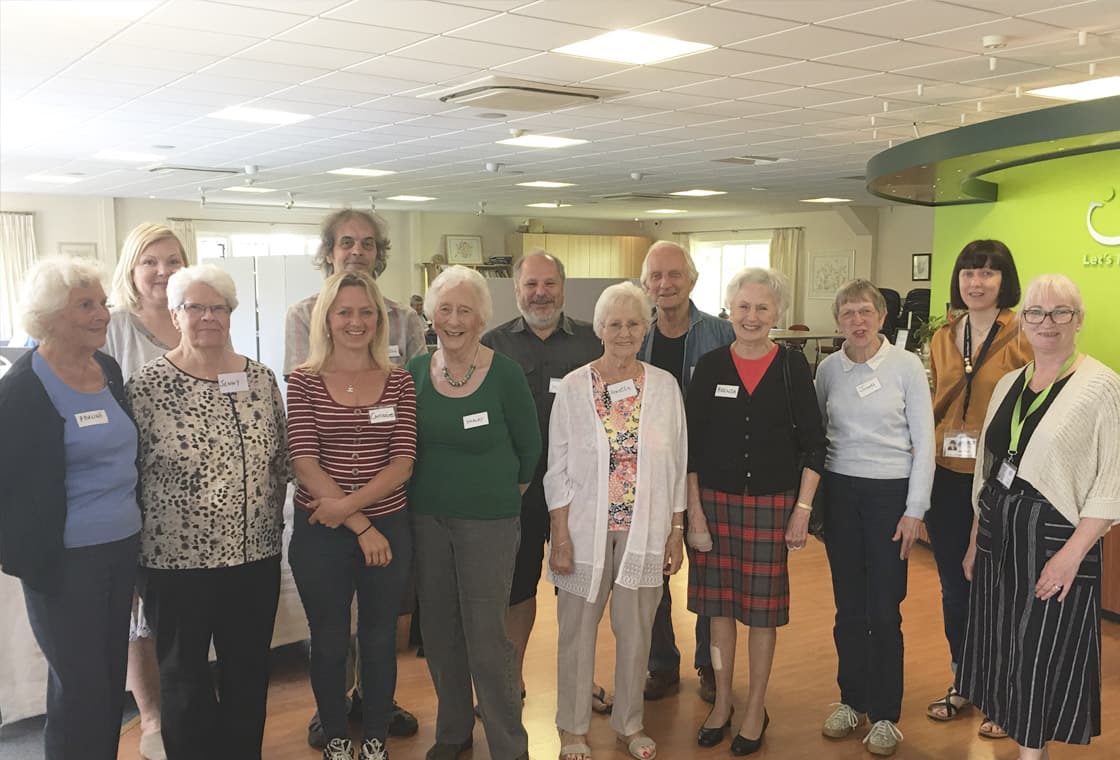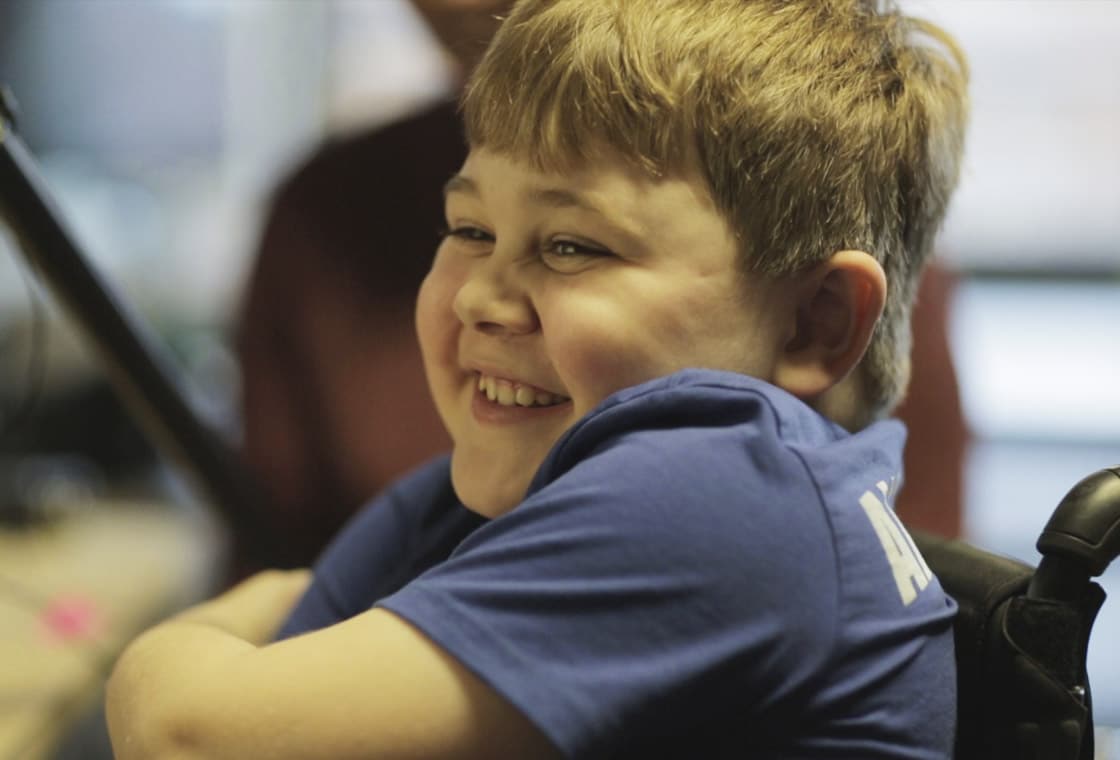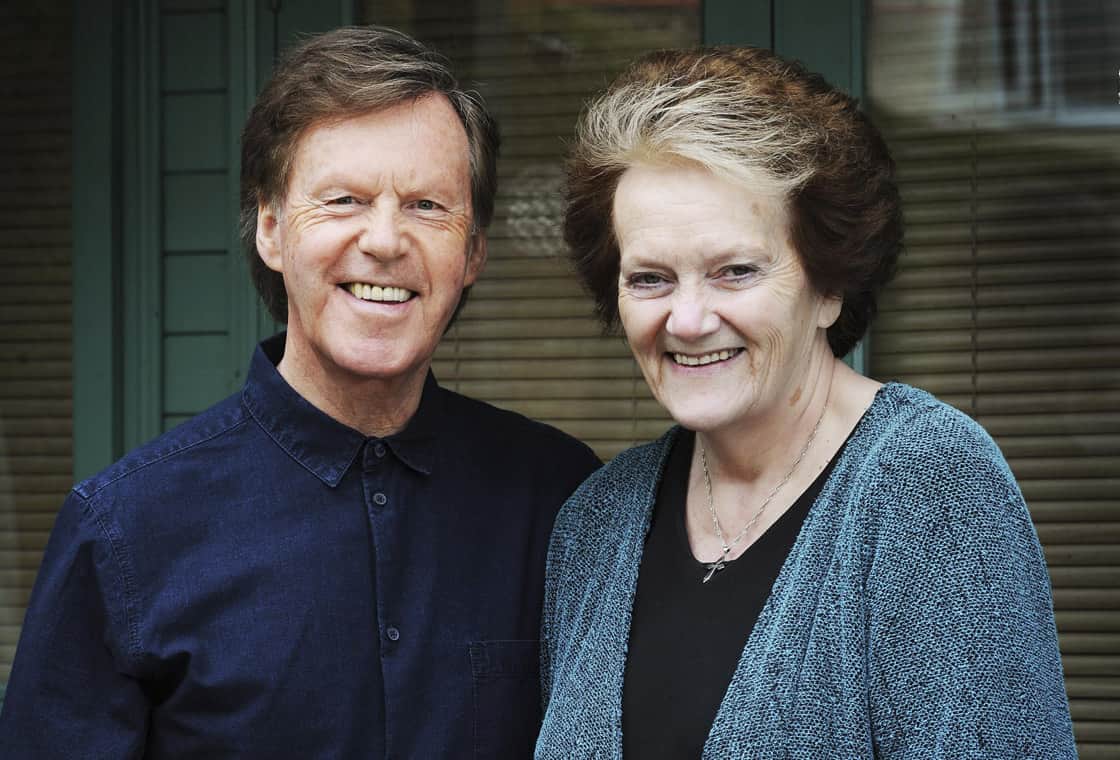
Did you know it’s #WorldKindnessDay?
The Power of Your Smile
Last week we had a wonderful opportunity to meet a lady called Judy. Judy cares for her husband, who is at the early stages of dementia. She had come along to a drop in group organised by The Carers Trust Cambridge Peterborough and Norfolk. What a mouthful! It’s CTCPN for short – thank goodness.
The CTCPN are proactive when it comes to giving carers like Judy support in so many different ways but one of the most important, in our view, is by providing a regular, non-judgemental, friendly gathering of fellow carers. Twice a month carers in the local area are welcome to drop in to help offset their prevailing sense of loneliness, have refreshments with now familiar faces and get a different perspective from others facing similar daily challenges.
They give each other support in abundance – with knowledge, experience, shared stories that resonate with each other and by giving tips that have worked well for each of them.
But our observation is that their greatest gifts to each other are their smiles. Despite all their troubles and mental fatigue, they have a natural generosity of spirit that oozes from their faces. A warmth that we defy anyone from ignoring.
Judy’s contagious smile has induced us to research the chemistry of a smile, which we’d like to share with you today on World Kindness Day…
According to science we have mirror neurons in our brains that mimic what we see and this works instantly with a smile. Our facial expressions are contagious.
Furthermore, a smile is known to decrease your blood pressure, boost your immune system and release mood-lifting endorphins and dopamine, our pleasure neuro-transmitters.
We have two muscles in our faces that are the corner stone in any genuine smile: the Zygomaticus which pulls up the corners of our mouth to help us smile and our Orbularis Occuli around each eye that is responsible for pulling our eyes tightly and allowing us to ‘smile with our eyes’.
Scientists have also discovered that our brain is constantly taking information from our muscles all over our bodies. In the case of our facial muscles, the brain responds by releasing the appropriate hormones when particular muscles are being used to make us feel happy. It follows, that when we smile our brain thinks we are happy and releases endorphin and dopamine – which boost our mood and reward us with a sense of wellbeing.
So, we can trick our brains by choosing to smile.
Judy didn’t trick her brain to feel happy. The group made her happy and she was able to spread that happiness to the whole group. If you don’t have the opportunity to gather with like-minded people like those at the CTCPN group, you might consider tricking your brain? It’s an idea we leave with you on World Kindness Day, because if we could, we would smile so you could mimic it – which would make us all happy.
by Tracy Wilkinson
